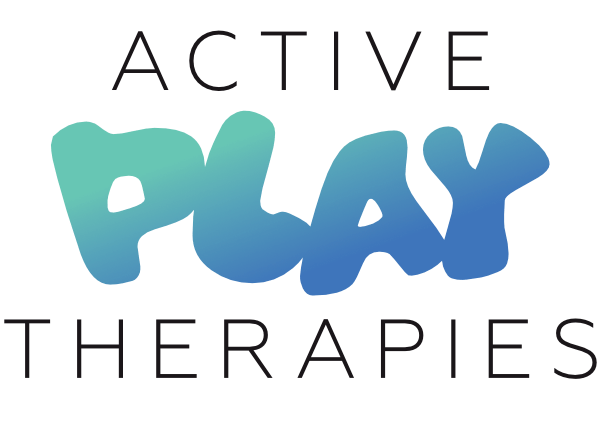Thoughts from a Therapist: Know Better, Do Better
Originally published on Sensory Integration Education on 26 March 2024.
Hot on the heels of Neurodiversity Celebration Week, in this month’s Thoughts from a Therapist blog, Anna Willis takes a look at the challenges we can sometimes face keeping up with the language around neurodiversity. Given the pace it’s evolving at, it’s easy sometimes to make mistakes and that’s when we may need some understanding that we will make them but that it’s better to try than disengage. And when we know better, we can do better.
Writing with confidence about neurodiversity used to be something well within my comfort zone. However, being asked to tie in my Thoughts this month to neurodiversity has made me pause. Whilst I have good intentions and want to be a good ally to my neurodiverse friends, colleagues, clients and families, I’m very aware that at times I do get things wrong.
The language around neurodiversity has developed at such a pace. A few years ago, I would have been writing about “ASD” (autism spectrum disorder). Now I know that the term disorder is no longer helpful or wanted by a lot of autistic young people and adults. So I refer to autism (dropping the word “disorder”) and use identity-first language i.e., autistic person, rather than a person with autism as it’s not something separate to the person but an integral part of who they are and as this is what the majority of the autistic community prefer.
For World Book Day recently, I shared my book recommendation for a fabulous graphic novel that has the word “Asperger’s” in the title and, quite rightly, someone commented that this terminology is outdated, particularly given Hans Asperger’s deeply disturbing links to Nazi regimes. This reminded me of the phrase “Know Better, Do Better”.
” Having open, honest conversation and being able to share with someone when they’ve said something accidentally offensive, whilst acknowledging their good intentions, is so valuable.”
And this is what I strive for. I feel it’s important for us to try our best, with good intentions, knowing we may make mistakes. There’s so much more I can learn. Only this week I was reading about how diagnostics of autism and ADHD are framed in language of deficits (or one opinion I read on ADHD spoke of how our preconceptions about it are based on distress patterns) and how different it would be if we instead looked at the strengths that these give people such as monotropism ((hyperfocus on one subject or task) and holotropic sensory gating (the idea of having “wide open” sensory gates and subsequently taking in all sensory inputs).
On the same day, I read about a mum saying if she came across one more person talking about autism as a superpower, she would scream! And I also totally get that. Her point being that autism just *is*. The same as someone having black hair or blue eyes.
I guess my point with all of this is that the landscape is complex and nuanced currently. It’s evolving at a pace and that makes it easy to make mistakes. But when we know better, we can do better. We need some understanding that we will make mistakes but that it’s better to try than disengage. Having open, honest conversation and being able to share with someone when they’ve said something accidentally offensive, whilst acknowledging their good intentions is so valuable. I sometimes witness other medical and health professionals stamping all over the invisible eggshells I’m trying hard to avoid and it can be difficult to raise – but that’s part of being an ally.
Sharing the mental load of educating, reframing and helping everyone move forward to a more neuroaffirmative world.
Thanks
Anna
Thoughts From a Therapist is a regular series written by Advanced SI Practitioner Anna Willis about something that piqued her professional interest or inspired her in some way over the last month. Anna, an occupational therapist and owner of Active Play Therapies, has over ten years of experience working with children and adults with a range of learning disabilities and autism.
